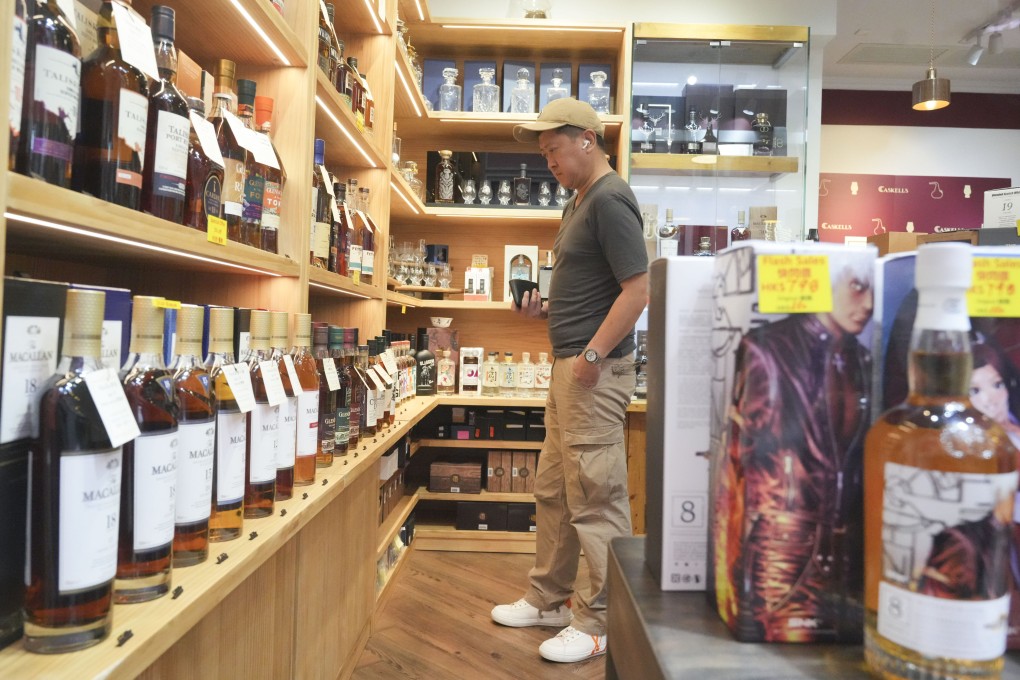Editorial | Few in Hong Kong raise their glass after cut in alcohol tax
Only those who drink premium liquor are likely to benefit significantly, while concerns remain about the impact on government revenue

Rumours about a slashing of the 100 per cent tax on liquor has been swirling for weeks. When Chief Executive John Lee Ka-chiu finally unveiled the actual change in his policy address last Wednesday, it landed with less of a splash than expected.
Hongkongers hoping that the proposed reduction would lighten their bar tabs are bound to be disappointed. And those expecting the proposal to encourage drinking and harm public health may have less to worry about.
The government has indeed slashed the duty, but only on high-end spirits that contain over 30 per cent alcohol content and an import price of over HK$200. Duty of 100 per cent will still be paid on the first HK$200 of the import price. After that, the duty drops to 10 per cent.
The upshot is a consumer will not see any advantage unless their bottle tops at least HK$400 at your local liquor store. Lee estimates the tax cut will affect about 15 per cent of spirits on the market.
The blow to government coffers that gathered HK$700 million in liquor duties this past year is likely to be minimal. While it could threaten about HK$200 million in government income, sources say authorities hope a sales boom like the one that came with the lifting of the wine duty in 2008 would make up the difference.
Financial Secretary Paul Chan Mo-po said the value of imported wine increased by 375 per cent from 2007 to 2023, while volume rose just 33 per cent.
